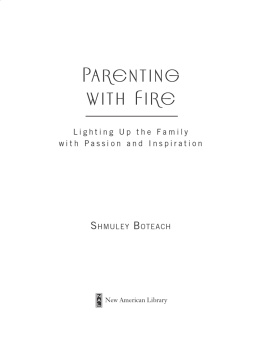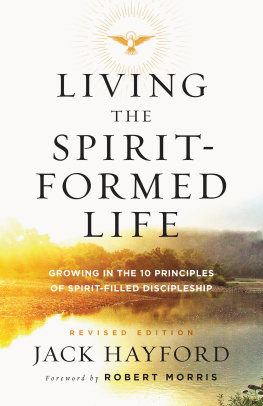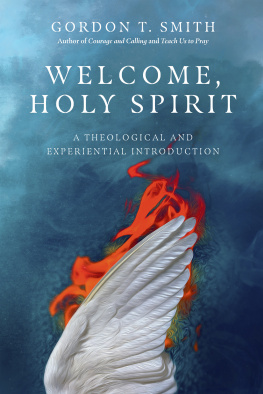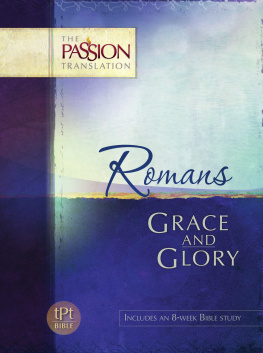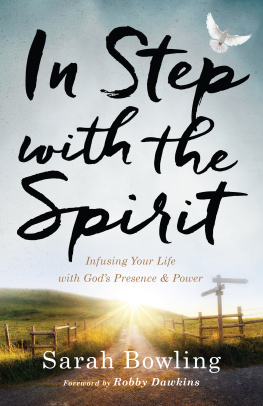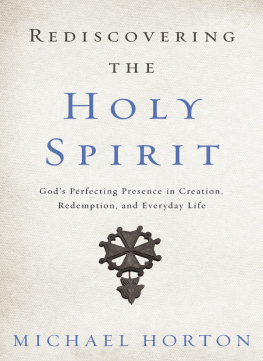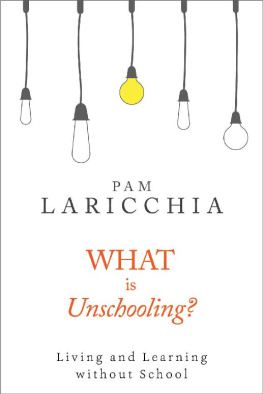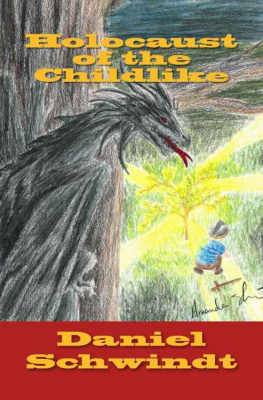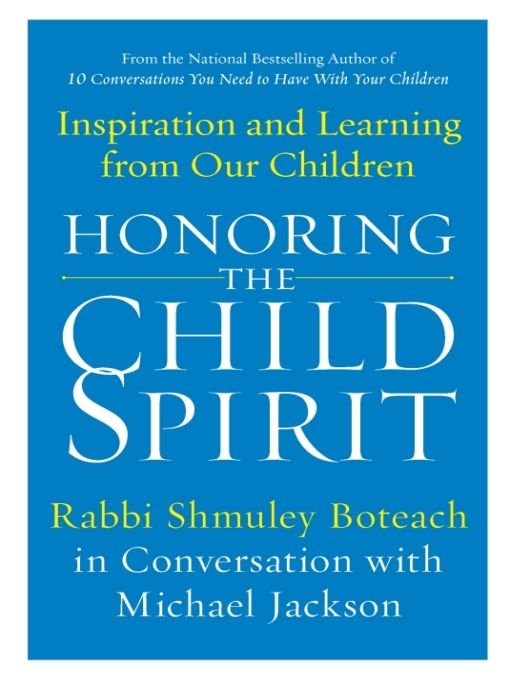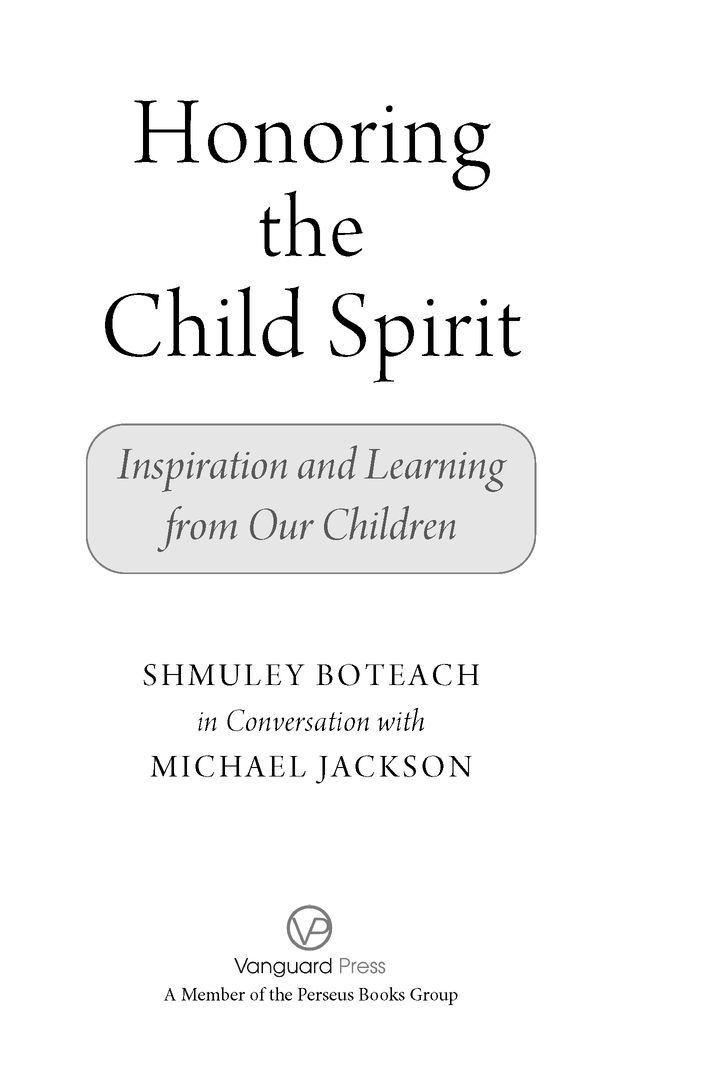Table of Contents
To Cheftziba, our baby and youngest,
our familys living embodiment of the childhood spirit
for all the laughs, joy, and wonder youve brought to your
parents but especially to your eight elder siblings.
May the Lord shine His light upon you
and bring you peace.
Introduction
Remembering Michael Jackson and His Childlike Wonder Children are G-ds gift to us.
A few months after Michael Jackson died on June 25, 2009, the This Is It documentary hit the theaters. It captured the preparations for the London concert series Michael was working on at the time of his death. Watching it with my wife, it solidified everything I thought about Michaels tragic death, specifically, that the world still refused to mourn him as a man and instead missed him as a performer. There were Oohs and Ahhs throughout the theater at the uncanny display of Michaels musical genius. How could a fifty-year-old man still move like that? Look at how beautifully he sang Human Nature. People missed Michaels magic.
I didnt. I missed Michaels humanity. I missed a friend who had tragically died well before his time.
It remains a profound irony of my close friendship with Michael that I never really got to know him as Michael Jackson the superstar but only as Michael Jackson the man. I never saw him perform, declining even to accept his invitation to his Thirtieth Anniversary Concert at Madison Square Garden the night before 9/11. He never sang a single complete song for me. He never moonwalked for me and he never jumped up on his tiptoes and screamed AAAUUUOOOO.
What he did do was bare his soul to me in the conversations we recorded over a two-year period for the express purpose of publishing them in an eventual book that would deal with his innermost feelings, especially the importance of children and honoring the childlike spirit within each of us.
But why me? Why did Michael select me to share with the public that part of him few had ever seen? Since the publication of The Michael Jackson Tapes, many have asked me this precise question. Why a rabbi and why a father of nine? I, who have nothing to do with the recording industry and barely even follow itwhy would Michael think that I could understand him and what he was all about?
There are probably many answers to this question. There was the fact that Michael was a spiritual seeker and appreciated the long conversations we had on values, matters of the heart, and faith. There was the fact that I had written books on relationships and child rearing, subjects that deeply occupied Michaels thoughts. And there was the fact that as a rabbi I was immersed in biblical texts and scholarship, which had been so important to Michael in his Jehovahs Witness upbringing.
All these considerations played some role. But more than anything else, what connected me with Michael was my devotion to fatherhood and my wife, my commitment to having a large family, and my consecration of most of my professional calling as a writer, lecturer, and broadcaster to persuading parents to prioritize and appreciate their children.
I, like few others, could understand Michaels attachment to kids and why recapturing his lost childhood was so important to him.
Michael felt forever misunderstood by the public. He was a man of profound contradictions who almost forced people to choose sides. He was arguably the worlds most recognizable face, yet also its most masked, both literally and figuratively. He was the worlds best-known celebrity, yet he was enigmatic, reclusive, and mysterious. Onstage he exuded a boldness and confidence like no other, but in private he was painfully shy and deeply self-conscious.
In his regular daily routine of having three meals with his kids, reading them bedtime stories, following the news, and addressing recording and business concerns, his day could not have been more ordinary. Yet he was perceived by the public to be strange at best, a freak at worst. He appreciated children more than any other global personality, yet his motives for doing so aroused grave suspicions among his detractors.
Aware of the publics perception of these deep contradictions and aware of how harshly people judged him without even knowing him, Michael began to close himself off from the world. As the years went by he became more reclusive, choosing to spend more and more time isolated in the expansive acreage of Neverland, the fantasy ranch and playland he created in the hills near Santa Barbara, than he did with friends or even family.
But Michael found me a little different from the average person he met. First, I was a man who lived many of the same contradictions that he did, something he commented on almost immediately. I was a rabbi steeped in religion, but I used every modern means available to communicate a spiritual message. I was a traditionalist who championed the family and marriage but wrote books on married couples having the most passionate and intimate sexual union. I believed in strict discipline in raising children but believed even more in raising children who expressed their innately bold, individualistic, and charismatic personalities. And while I revolved in media circles, I brought my children with me wherever I traveled because, however many comments it elicited, they were my real joy.
As we connected through the web of these contradictions, Michael came to feel not only that I shared his love of parenting but that, like him, I believed that children could heal the cynicism and stuffiness of the adult world, that there was no cure greater for cynical moms and dads who had lost some of their zest for life than to get on the floor near a fireplace and read their children exciting bedtime stories. Many times, we agreed that the pain and brokenness that are so often characteristic of adult life, born of vanished dreams and deep disappointments, could be dissipated through exposure to the loving and creative children in our lives.
When Michael and I met, I had seven children. I spent huge amounts of time with my kids and considered my interactions with them to be the single greatest learning experience of my life. From my children I learned innocence, playfulness, and acceptance. I learned to forgive quickly and to be awed by things like trees, pictures, and frogs. And I learned to treat everybody equally rather than create a hierarchy of the more important and the less so. I spent a lot of time with my children not because I was a great dad but because I enjoyed it. It involved no sacrifice at all.
I had had a displaced and unhappy childhood myself, and I had vowed to give my children the peace and stability that my own upbringing lacked. My parents, though exceptionally devoted to their children, had fought a great deal, divorced when I was eight, and thereafter lived 3,000 miles away from each other. Our family had come completely apart.
With all these very basic human commonalities, albeit on different scales, and with our ongoing friendship and conversations about lifes experiences deepening, Michael did something he probably had never done before: He brought me into the mental universe he inhabited with children. It was a private place where no adults were alloweda place only men and women who indulged their own inner child could ever understand.


